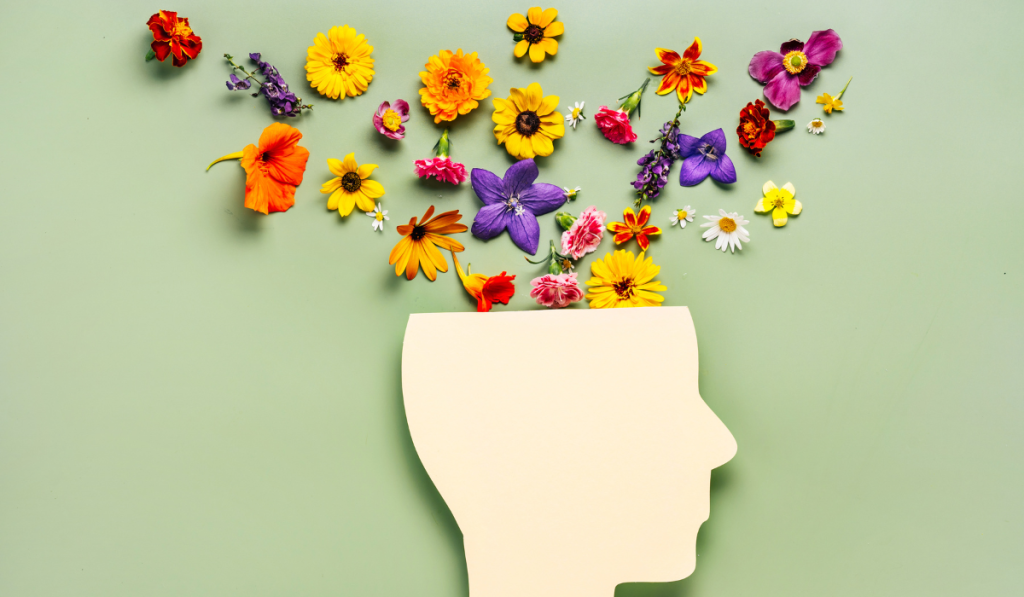
Warning Signs of a Suicidal Loved One: What You Should Know
September 2, 2025
The Impact of Grief on Mental Health
September 19, 2025
Caring for your mental health isn’t something that only happens in your therapist’s office or during appointments with a professional. True progress comes from applying what you learn in treatment to your daily life. By integrating small, consistent practices into your routine, you can create a supportive environment that nurtures emotional well-being and helps you thrive.
Below are several mental health tips and strategies that can help you strengthen your resilience and practice effective self-care at home. These suggestions are not meant to replace professional care, but rather to complement it by giving you practical ways to use what you’ve learned in therapy.
1. Create a Calm Morning Routine
How you start your day sets the tone for the hours ahead. A structured morning routine can help reduce stress and provide a sense of stability. Consider waking up a little earlier to avoid rushing, making your bed, and practicing mindfulness or journaling for a few minutes.
Even something as simple as enjoying your coffee without checking your phone right away can make a noticeable difference. This small shift helps your mind ease into the day rather than starting with instant stress.
2. Practice Mindfulness and Deep Breathing
Mindfulness is one of the most effective mental health tools you can use at home. By focusing on the present moment, you can quiet racing thoughts and reduce anxiety. Practices such as meditation, guided imagery, or progressive muscle relaxation can all bring grounding and calm.
If meditation feels intimidating, start with just five minutes of deep breathing. Inhale slowly through your nose, hold for a few seconds, and exhale through your mouth. Regularly practicing this can help regulate your nervous system and enhance your emotional resilience.
3. Establish Healthy Sleep Habits
Sleep plays a critical role in mental health, yet it’s often overlooked. Poor sleep can increase irritability, worsen symptoms of anxiety and depression, and affect your ability to focus. To improve sleep hygiene, aim to go to bed and wake up at the same time each day.
Keep your bedroom dark and quiet, avoid caffeine in the evening, and try limiting screen time before bed. By prioritizing quality rest, you’re practicing one of the most important mental health best practices at home.
4. Move your body
Movement is often referred to as a natural antidepressant, and for good reason. Simple activities, such as walking around your neighborhood, stretching, or dancing to music, can significantly improve your mood and energy levels.
5. Nourish Your Body with Balanced Meals
Eating regularly impacts more than just your physical health. A balanced diet that includes a variety of foods can boost your energy and support brain health.
Avoid relying too heavily on excessive caffeine, which can worsen anxiety or disrupt sleep. Viewing meals as a form of self-care is one way to support your mental health at home every day.
6. Set Boundaries and Manage Stress
One of the hardest, yet most rewarding, mental health best practices is learning to say no when you need to. Boundaries protect your energy, allowing you to focus on what truly matters.
At home, this may mean creating specific times for work and relaxation—especially if you work remotely. It could also mean communicating with family or roommates about your need for personal time. When you honor your own needs, you reduce the risk of burnout and resentment.
7. Stay Connected with Others
Human connection is vital for mental well-being. Even when you’re practicing self-care at home, it’s important to maintain relationships with supportive friends, family, or peers.
Schedule regular phone calls, plan virtual coffee dates, or invite a loved one to join you for a walk. Meaningful connections can help reduce feelings of isolation and provide perspective when life feels overwhelming.
8. Keep a Journal of Progress
Journaling is one of the most accessible mental health tools you can use daily. Writing down your thoughts and emotions helps you process experiences, track patterns, and reflect on progress.
Some people use gratitude journaling to shift their focus to the positives in life, while others find it helpful to write down challenges and brainstorm coping strategies. Regardless of your approach, journaling provides a safe outlet for emotional expression.
9. Use Coping Skills from Therapy
If you’ve worked with a mental health professional, you’ve likely learned specific coping strategies tailored to your needs. Bringing those skills into your daily routine makes them more effective and natural over time.
For example, if your therapist has taught you grounding exercises for anxiety or reframing techniques for negative thoughts, practicing them at home regularly will reinforce what you’ve learned. This consistency makes it easier to access these tools during difficult moments.
10. Create a “Mental Health Space” at Home
A designated space in your home for relaxation or reflection can make self-care feel more intentional. This doesn’t need to be an entire room—it could be a cozy chair, a corner with a candle and blanket, or even a spot on your porch where you unwind.
By associating a particular space with calm and reflection, you’re building a routine that encourages mindfulness and balance.
Building a Mental Health Routine That Lasts
Working on your mental health at home isn’t about perfection—it’s about progress. The practices above are flexible and can be tailored to your unique needs and schedule. By incorporating even a few of these strategies into your daily life, you’ll create a stronger foundation for well-being.
Professional therapy provides guidance and structure, but the real growth happens when you apply those lessons consistently. These mental health tips and practices give you the tools to manage stress, build resilience, and nurture yourself between sessions.
Your mental health journey is ongoing, and every step you take at home adds up to meaningful change.
_________________________________________________________________________________
Looking for treatment for an eating disorder, anxiety, depression, trauma, or postpartum mood disorder?
Evolve Counseling Services is a specialized team of Licensed Therapists providing treatment in Paoli.



